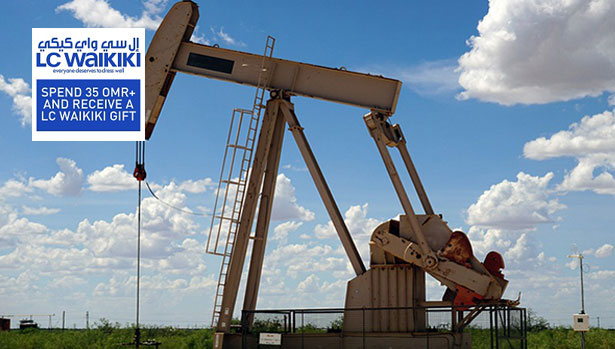
Muscat: Fitch Ratings has revised its forecast for oil prices in 2023 expecting it to reach $85 a barrel after Opec+ countries announced a production cut.
In a statement issued on Monday, it said that the decision of Opec+ members to cut production by approximately 1.2 million barrels per day (bpd) from May until the end of 2023 will support prices in the short term. This increases the chances of turning into a market deficit in the second half of 2023, especially due to the recovery of consumption in China.
It noted that the decision surprised the market, with the price of Brent crude subsequently reaching around $85 per barrel on April 3, while Brent crude was trading below $80 per barrel in the second half of March, explaining that despite the sanctions related to Russian oil exports, which was exacerbated by concerns about the fallout from the banking crisis.
Fitch Ratings said, “We believe that the market was recording a moderate surplus in the first quarter of 2023 with the increase in OECD commercial stocks by 32 million tonnes in January, and another 10 million tonnes in February, but the decision to cut production increases the possibility of the market turning into a deficit this year.”
“Where the demand will increase by two million barrels per day in 2023, according to estimates by the US Energy Information Administration (EIA), mostly due to the reopening of China, which will account for about half of the demand growth.”
Many economists and oil experts confirmed that the decision, despite its vague reasons so far, will support price stability after it was affected by the recent US banking crisis, and put it at fair levels for producers and consumers alike.
They also confirmed that the oil market will avoid a crisis related to increasing supply against demand if the economy slows down and enters a possible recession.
Dr Mohammed Al-Wardi, academic and economic analyst, said: “Opec+ aims to support the stability of oil prices through its sudden move of cutting production by 1.5 million barrels starting from May until the end of the year. This had an effect on oil prices which immediately rose by more than 5 per cent.”
He further said that the move to cut production was to maintain fair prices for producers and consumers while also ensuring the sustainability of production and price stability.
Dr Al Wardi pointed out that Western countries had expressed their dissatisfaction with this sudden move in light of the ravaging inflation as well as fears of a global recession.
Positive price expectations
Goldman Sachs raised its forecast for Brent crude futures prices after the sudden announcement by Opec+ regarding further production cuts.
The bank's analysts said in a note on Sunday, “The forecast for Brent crude price for December 2023 increased by five dollars to $95 a barrel, while the forecast for December 2024 was raised by three dollars to $100 a barrel.”
“The cut in price forecasts came as the bank lowered its forecast for production from Opec+, which includes the Organisation of the Petroleum Exporting Countries (Opec) and other producers including Russia, by 1.1 million barrels per day until the end of 2023.
Brent crude futures rose to the highest level in almost a month, more than $86 per barrel at the beginning of Monday’s trading, after the Opec+ announcement.
The further bank said that the sudden cut (in production) is consistent with the new Opec+ approach to acting proactively because it can do so without incurring significant losses in market share.
The bank added that while the move was surprising, the decision reflects important economic and potential political considerations.
The bank estimates that reducing production could provide a seven per cent increase in oil prices, which would contribute to increasing the revenues of Saudi Arabia and Opec+.
The bank further indicated that the Opec+ decision also came after the United States and France announced the release of stocks from their Strategic Petroleum Reserves (SPR).
The bank said: “The refusal to refill the US SPR in the fiscal year 2023, despite the West Texas Intermediate (US standard) crude reaching low levels that were described as sufficient for refilling, may have contributed to Opec+'s decision to cut production well."